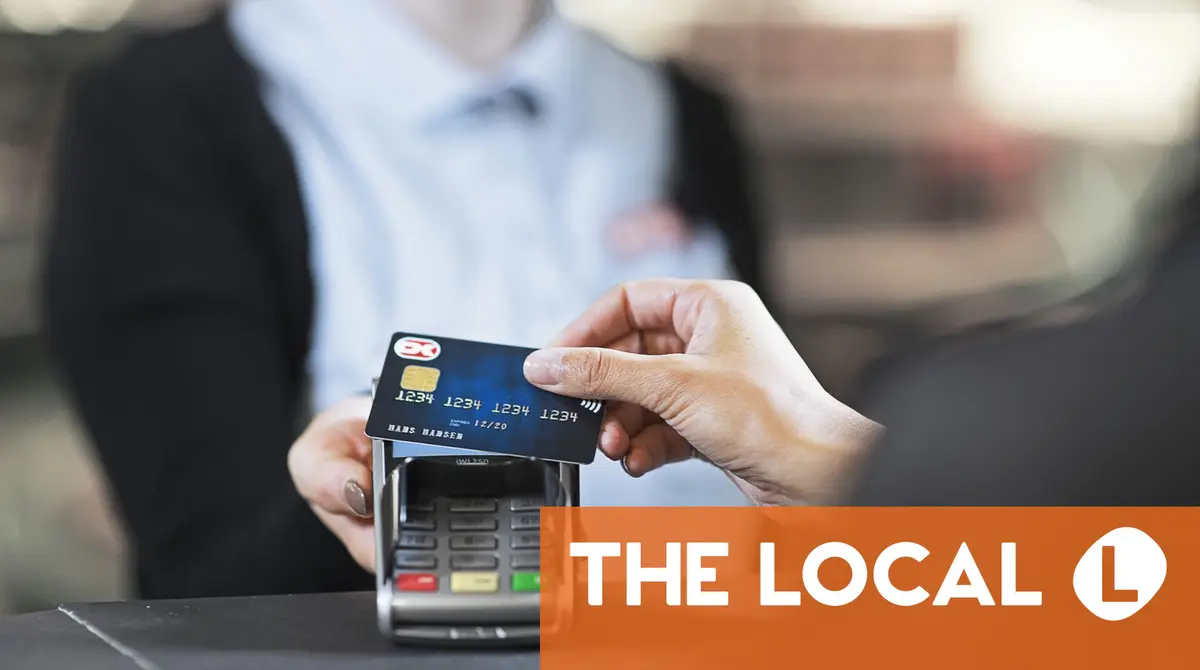Payment provider Nets suffered an outage over the weekend which caused card payments across the country to be declined. What can you do if it happens again and you need to pay for something?
What is Nets?
Nets is a Nordic payment service provider. It supplies card machines to many companies in Denmark and also owns Dankort, Denmark’s national bank card.
What happened over the weekend?
Nets suffered an outage for around three hours on Saturday evening, which meant that card payments across the country were declined.
Although investigations are ongoing, Nets said the issue was not caused by a DDoS or similar external cyber attack.
The outage affected both businesses and individuals in Denmark, Norway and Sweden, as well as “a small number” of people abroad, the company said in a statement.
The system began experiencing problems at around 7pm and was restored by 10pm on Saturday.
Among affected payment terminals were the Great Belt Bridge’s toll barriers for card payments, where motorists experienced queuing and congestion as cars were temporarily unable to get through the tolls. The operator of the bridge, Sund & Bælt, said two barriers were vandalised.
Although investigations are ongoing, Nets said on Wednesday that the issue was not caused by a DDoS or similar external cyber attack.
Advertisement
Can I still buy things by card if this happens again?
It depends. If you have a Dankort payment card then you should always be able to pay at a Nets terminal, even if the Nets system is offline. To do so, you’ll need your card (the actual, physical card rather than a digital version through Apple Pay or similar), the place you’re shopping at will need to have a power supply, and it will need to accept Dankort (which is highly likely, if you’re in Denmark at least).
“But of course, the terminal will need to be in offline mode, the shop will need to be aware of this and the customer will need to be aware of this,” Henrik Lundegaard Sedenmark, head of payments at the Danish Chamber of Commerce, told the Ritzau news wire.
When a card machine is in offline mode, it can still accept payments from most payment cards, and always from the Dankort payment cards if the shop in question accepts them.
Not all card machines automatically switch to offline mode if the network is down ‒ in some shops, an employee will need to manually activate this setting.
I don’t have a Dankort, can I still pay?
Not always. While Nets machines in offline mode can always accept Dankort, the same can’t be said for Visa or Mastercard, and as previously mentioned, Apple Pay or Google Pay digital wallets don’t work either.
This could change soon ‒ according to the Danish Chamber of Commerce, Denmark’s five major supermarket chains are all working on a solution that would allow customers to pay digitally in the case of an outage.
“All the major grocers have said that they, at some point, will find a solution. They can’t say exactly when,” Lundegaard Sedenmark told Ritzau.
It’s relatively easy for a retailer to change their card machine to allow other card issuers to pay in offline mode, he added.
“You need to make an agreement as a payment recipient with your acquirer to create this offline mode for other cards.”
Advertisement
Can’t I just pay with cash or MobilePay?
MobilePay appeared to be working “in the vast majority of cases” during Saturday’s outage, the company’s head of communications Mads Allingstrup told TV4 Nyheder, so you may be able to use it if Nets is down in the future.
If you can’t use MobilePay ‒ either because it doesn’t work or because you don’t have it ‒ then you should be able to use cash. Many Danish retailers no longer accept cash, but it can still be a good idea to have some on hand in case of emergencies.
The Moderates’ finance spokesperson Charlotte Bagge Hansen said on Monday that Danes should make sure they have enough cash for a week in order to better prepare for future crises.
“Personally, I think it would be sensible to have enough cash for a week,” she said, adding that it’s up to individuals to decide how much cash they should have on hand.
She also called for supermarkets, banks and other critical infrastructure to put together a plan for what to do if a similar issue occurs in the future.
“We need to make sure that our critical infrastructure works with cash in the event of an issue,” she said, adding that this could include important retail infrastructure like food and medicine.
“We can’t shut society down just because our digital payment infrastructure isn’t working.”
